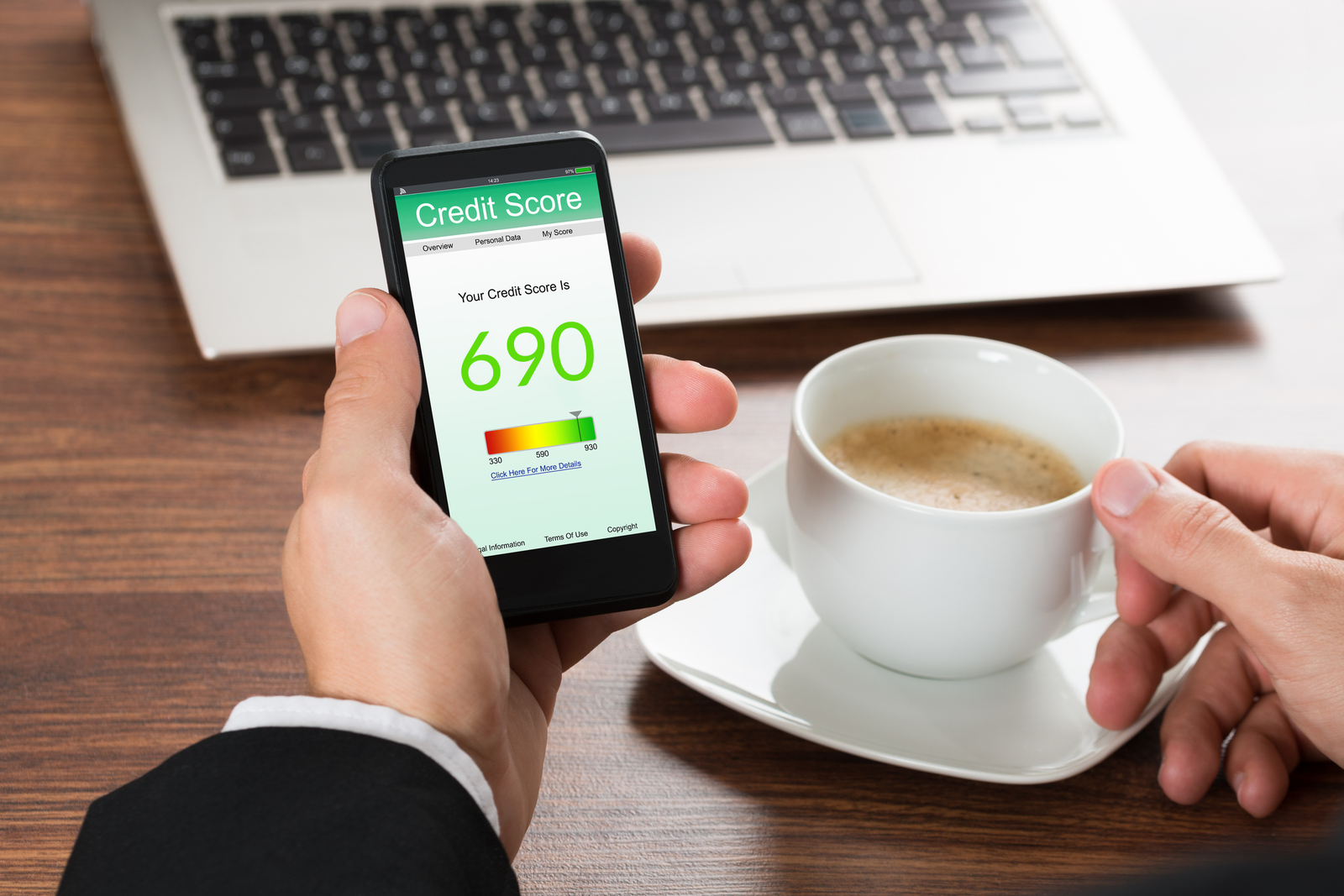A car is a major purchase, and even if you buy used instead of new, it will still put a considerable dent in your bank account. Effective planning is an important part of car shopping that can help you budget for a car, but odds are, you may still have to take out an auto loan to help pay for your vehicle.
To avoid a negative borrowing outcome, do your research before heading into a car dealership. Car-loan rates depend on a number of factors, including the type of car you buy, your creditworthiness, and your lender. By understanding these basics, you'll help ensure you're a responsible, successful borrower.
What to Know When Getting a Car Loan
Know Your Credit Score and Credit History
Determine Your Budget
Shop Around for the Best Car Loan Rates
Understand the Loan Terms and Conditions
Gather Required Documents
Apply for the Car Loan
Close the Deal and Get Your Car
Know Your Credit Score and Credit History
The best way to ensure you get the best auto financing interest rate is to know your facts. Even if you intend to finance through your car dealership, it can still pay to get preapproved for a loan first through a bank or credit union. A pre-approval is a loan offer that's good for a certain period of time and amount of money. Getting pre-approved will help you determine how much you can afford to spend on a car and what kind of loan interest rate you should expect.
You should go through this process before going to the dealer. You will need to fill out a loan application, but since a pre-approval isn't binding, for you or the financial institution, you can always go with the lender's financing offer if it's a better deal. In fact, having a pre-approval in hand can be a solid negotiation tactic. If its terms are better than the dealer's, you can ask the dealer to match them or sweeten its offer.
If you don't get pre-approved, at least pull your credit report before you start the car buying process to know whether you have poor credit or good credit. You can do this with a service like CreditKarma. Your credit score plays a big part in the type of loan offers you'll receive. The better your score (they range from 300 to 800), the better your loan's interest rate and terms will likely be. Don't simply rely on a lender looking at your score and credit history. It's true that the score can vary depending on whether they use Experian or Fico to pull your credit, but you also need to remember that they are salespeople with a job to do. What they tell or offer you may be a tactic to get you to sign with them.
If your credit score isn't as high as you'd like, you have a few options to avoid punitive interest rates. You could consider making a larger down payment, or asking a trusted friend or family member to be a co-signer on your loan.
Borrowers with low or no credit can still get car loans, known as "subprime" or "deep subprime" loans, on their own (those labels apply to numerical credit-score ranges, typically at or below 600). In fact, it's been estimated that about 20 percent of all auto loans qualify as these types of loans. However, these borrowers may pay more overall than they have to, especially at a “Buy Here Pay Here” dealership. If you're in this situation, you should still shop around
Determine Your Budget
Before getting a car loan, you should also calculate how much you plan to spend on your new car. Remember that the out-the-door price is different from the purchase price, as there will likely be additional taxes and fees involved. Banks and credit unions will allow you to borrow up to 120% of the purchase price, which should cover taxes and fees as well.
The price of the car will also get broken down into a down payment and monthly payments to either pay off the vehicle or lease it, which determines the cadence at which you’ll be spending money on car payments. Those payments also won’t be the only cost involved, either. You’ll have to factor in ownership costs like fuel and maintenance as well.
Shop Around for the Best Car Loan Rates
Many car buyers take out loans from the dealership selling them the car. Since you're already there to buy the car, it seems easy to just borrow money from them, too. And while that may make sense depending on the loan's terms, you should know that financing a car at a dealership isn't required, and it represents a transaction separate from your car purchase. This means you can consider different lenders to finance your purchase. Of course, if you're buying a car from a private party, financing through a dealership isn't a possibility at all. Either way, you'll want to shop around, and that means knowing your options.
Financial institutions such as banks, online lenders, and credit unions all offer car-loan options. If you have a relationship with a bank or credit union, see what type of financing options they offer and if they have special promotions for their existing clients. Even if you don't have a bank account or aren't a credit union member, don't ignore these options. You could still potentially get a car loan from them.
If you choose to finance with a bank or credit union, it pays to know the difference between the two institutions. In simple terms, banks are for-profit businesses that answer to their shareholders. Credit unions are nonprofit organizations that cater to their members (i.e., you). Because they are member-focused, credit unions often offer lower interest rates on loans, including for cars.
One potential drawback to a credit union is that, unlike a bank, you typically have to belong to a certain "organization" to join. This could be your employer, university, or the city where you live. You can use this tool to find a credit union you're eligible to join.
Understand the Loan Terms and Conditions
No matter which type of lender you choose, make sure you fully understand the terms of the loan offered to you. It's easy to focus just on the monthly payment the lender presents and think about how that fits your budget. However, the smarter approach is to think about how the lender calculated that number in the first place.
You'll want to understand all the costs of the loan, now and in the future. What's the interest rate? How much will the lender charge to originate the loan? How long is your loan's term (3 years, 5 years, 6 years)? Plug the car's purchase price into an auto loan calculator like the CarGurus estimator to determine the effect your down payment, loan amount, and shorter or longer loan term might have on your monthly car payment. But don't forget to look ahead, too: Will the auto lender charge you extra to pay the new car loan off early? What other fees and costs might there be? Don't simply rely on the interest rate—check the annual percentage rate (APR), which the Truth in Lending Act requires lenders to supply. Don't be too timid to find out exactly how much you'll pay over the life of the loan.
One factor that will also affect your loan is whether you buy a used or new car. Interest rates on used-car loans are typically higher than for new cars. This is for a number of reasons, including that new cars have better resale value, credit scores are typically higher for new-car buyers, and people with lower scores tend to default on loans more often. Also, some dealerships simply want you to buy a new car, so they incentivize you to do so.
Gather Required Documents
Lenders will likely ask for your Social Security number in order to run credit checks, as well as documentation to back up the personal finance information you report on a loan application. Self-employed car-loan applicants may need to show additional documentation to allow lenders to assess things like cash flow, but you can still get a loan if you’re self-employed.
Apply for the Car Loan
Getting pre-approved for a car loan ahead of time, and applying with an outside lender before you head to the dealership, can really make things easier. It’s one less thing you have to negotiate with the salesperson, saving time in the car-buying process. Having third-party financing in hand also avoids the frustration of having a car dealer pull the rug out from under you by changing financing terms unexpectedly.
Close the Deal and Get Your Car
With financing lined up, you can focus on negotiating with the salesperson to get your car. That can be its own process, involving haggling over the purchase price and any add-ons like an extended warranty or accessories that the dealer might try to sell you on (this is a big part of how dealerships make their profit). Make sure all documents, especially those pertaining to your car loan, are signed before driving off the lot.
Amid all the excitement of buying a car, it's easy to overlook the details that go into financing your purchase. Don't fall into this trap. After all, you'll likely want to enjoy your new or used car purchase for a long time—and that means affording the loan payments over that time, as well.
Related Topics
How To Buy a Car with Bad Credit
What to Look For When Buying a Used Car
The Beginner’s Guide to Car Insurance




